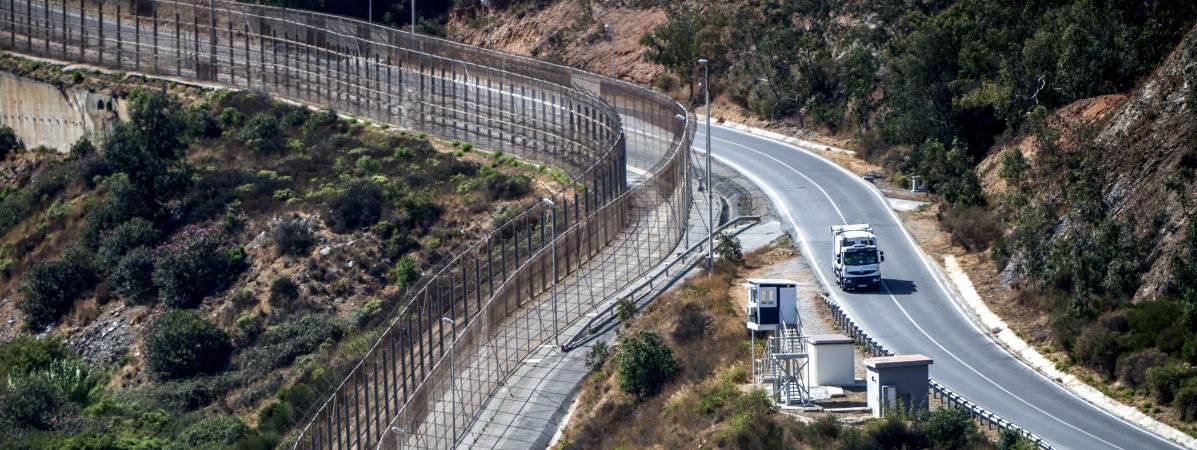 The Spanish-occupied Ceuta in northern Morocco is facing an acute economic crisis after Morocco put an end to all forms of “subsistence smuggling” on the borders.
The Spanish-occupied Ceuta in northern Morocco is facing an acute economic crisis after Morocco put an end to all forms of “subsistence smuggling” on the borders.
Head of Ceuta government from the far-right Vox party, Juan Vivas, expressed concern that the Moroccan measures would asphyxiate the economy of the occupied enclave, which relied on the backs of poor women for much of its commercial activities.
They are also called mule women who line up everyday at the border crossings of Ceuta and the other enclave of Melillia loading their backs with foodstuff and other items that can be carried into a huge pile and sold later in the Moroccan black market.
Vivas felt the heat of a volte-face in the Moroccan strategy towards the city and promised the Spaniards in the city of making up for losses in the Moroccan market through increasing trade with mainland Spain and the EU.
Morocco has also banned container trucks from crossing the borders of Ceuta and Melilla especially after it built world-class ports in Tangier and Nador.
To provide better and legal job opportunities for thousands of people who have practiced subsistence smuggling, Morocco decided to build an industrial zone in Fnideq.
Morocco has for long ignored the impact of such smuggling, which seems low scale at first although the aggregated impact results in numerous job losses in Moroccan industrial fabric and revenue losses.
The Moroccan economy loses up to 12.5 billion dirhams annually to smuggling originating from the Spanish occupied cities of Ceuta and Melilla while Spain gains 700 million euros in profits.



